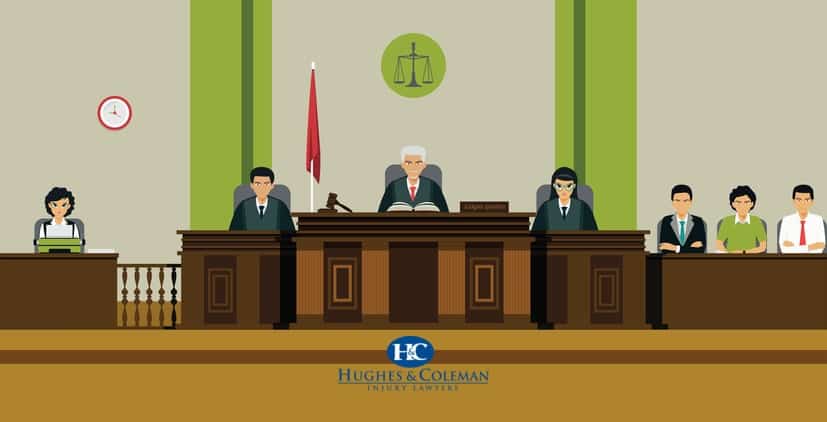-

In an attempt to tackle the opioid addiction crisis, players across the country are staging a legal campaign to bring the parties responsible for the current situation to accountability.
Last October, president Donald Trump declared the opioid crisis a public health emergency. As mentioned in last week’s article, worst-case scenario predictions estimate that the number of opioid overdose victims will amount to half a million in the next ten years.
Evidence suggests a great deal of responsibility for this situation lies with the pharmaceutical companies who began aggressively marketing opioid painkillers in the late 1990s without mentioning their addictive potential. In this week’s installment, we will analyze potential legal ramifications of this situation. We will also suggest a few ideas for those affected by the epidemic.
Lawsuits Against Big Pharma
When the first reports of lung cancer related to cigarette smoking began to emerge, lawsuits against tobacco companies quickly followed. The same happened when the addictive effects of opioid prescription drugs were revealed to the general public.
In 2007, Purdue Pharma – the manufacturer of OxyContin, one of the most popular opioids still on the market – and its top executives were fined $634.5 million after pleading guilty to misleading the public about the drug’s risk of addiction. More lawsuits quickly followed. The argument against the pharmaceutical companies in such legal actions usually states that these companies knew or should have known about the dangers related to opioid drug use, yet marketed their products as completely safe. The effectiveness of opioids as a solution for long-term pain treatment is being questioned as well.
Lawsuits have also been brought against the companies that distribute opioids. The argument against these parties is called the diversion theory. It states that the distributors had a legal obligation to prevent opioid drug misuse by putting a halt to its proliferation once it had become evident that some counties or states were issuing more prescriptions than they had people. The Cherokee Nation is pursuing a lawsuit based on this argument while many distributors – such as CVS, Walgreens, and Cardinal Health – have already paid fines for negligence in the distribution of the drugs.
Lawsuits in Kentucky
The State of Kentucky has already settled a lawsuit against a drug manufacturer concerning the epidemic. In 2015, Purdue Pharma agreed to pay $27 million following a lawsuit alleging misleading marketing of OxyContin that triggered a wave of addiction across the state. Recently, in February of this year, Kentucky’s attorney general filed a lawsuit against Cardinal Health Inc, a drug distributing company, over “unfair, misleading and deceptive business practices” that resulted in an excessive amount of opioids in the state, contributing to the addiction epidemic. A similar lawsuit was filed against McKesson Corp – another distributor – with allegations stating that the company fulfilled orders for suspiciously large quantities of the drugs, effectively fuelling the epidemic.
Multidistrict Litigation – The Latest Development
In December of last year, over four hundred individual federal courts cases against drug manufacturers, distributors, and even pharmacies were consolidated into a multidistrict litigation, or MDL, to be heard by the Northern District of Ohio Judge Dan Aaron Polster. Expectations for a satisfactory resolution of this case are high. Some hope for a resolution to the 1998 Master Settlement Agreement where 46 states reached an accord with the five largest tobacco companies. In this settlement, the cigarette manufacturers not only agreed to annual payments amounting to billions of dollars but also accepted restrictions on the sale and marketing of cigarettes. Others, however, point out major obstacles to reaching a similar settlement with pharmaceutical companies. In any case, the result of the current MDL presided over by Judge Polster has the potential to pave the way for a more permanent solution to the opioid crisis. Only time will tell if it lives up to this expectation.
Get In Touch Today!
We offer free consultations 24/7 and there will always be someone here to take your call. Call our personal injury lawyers today for a free consultation or fill out this form and we will contact you.
We serve clients across Tennessee and Kentucky and we have several offices throughout both states. See all of our locations and contact us today.


